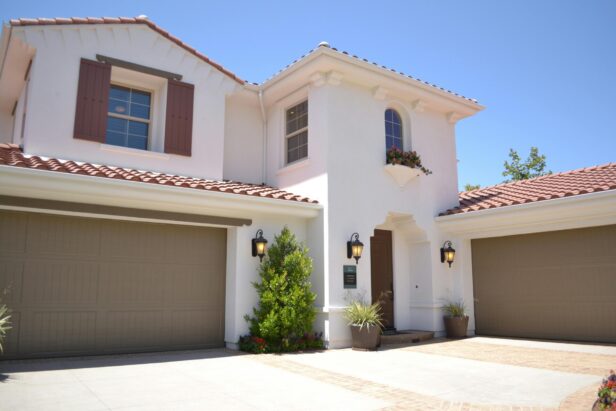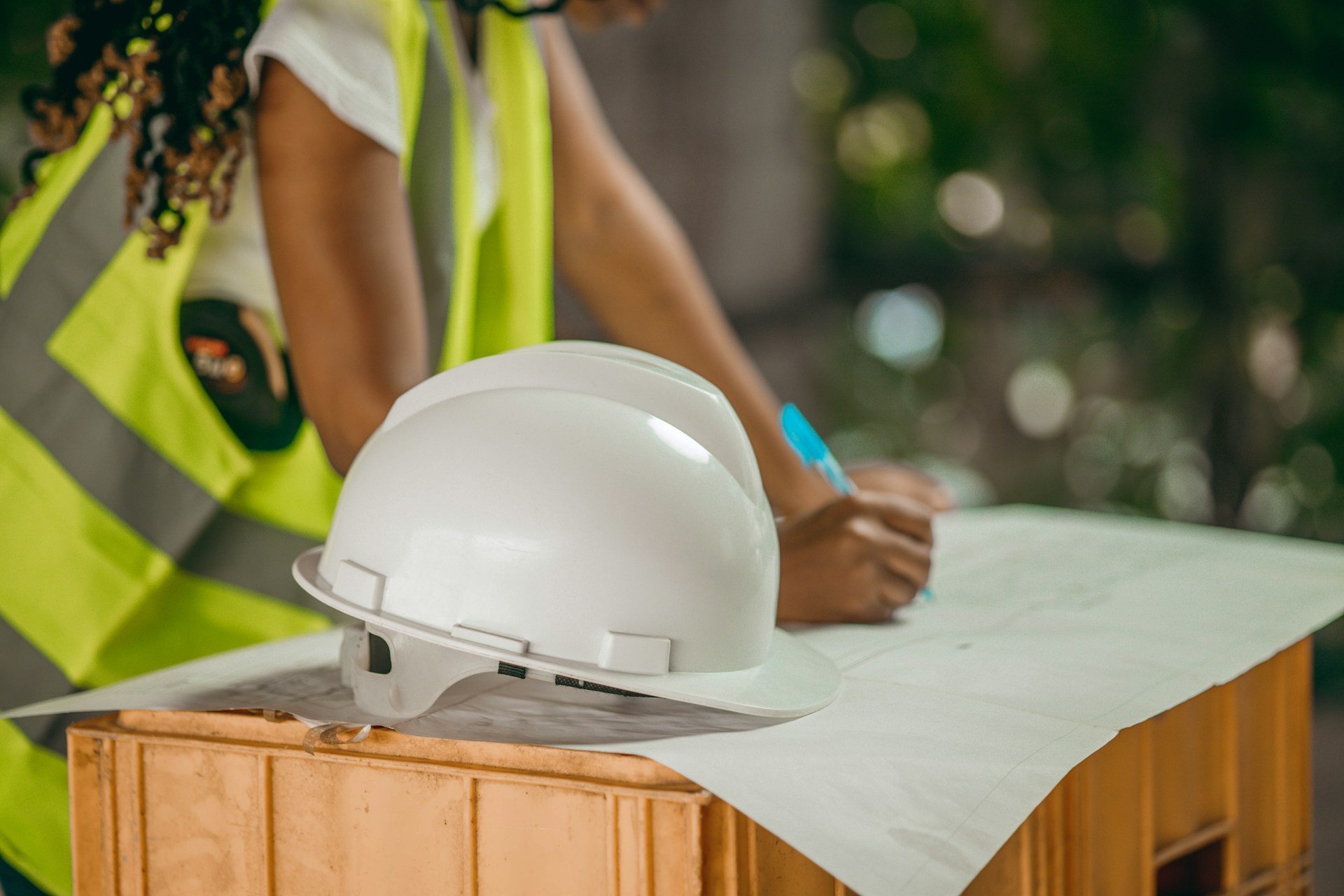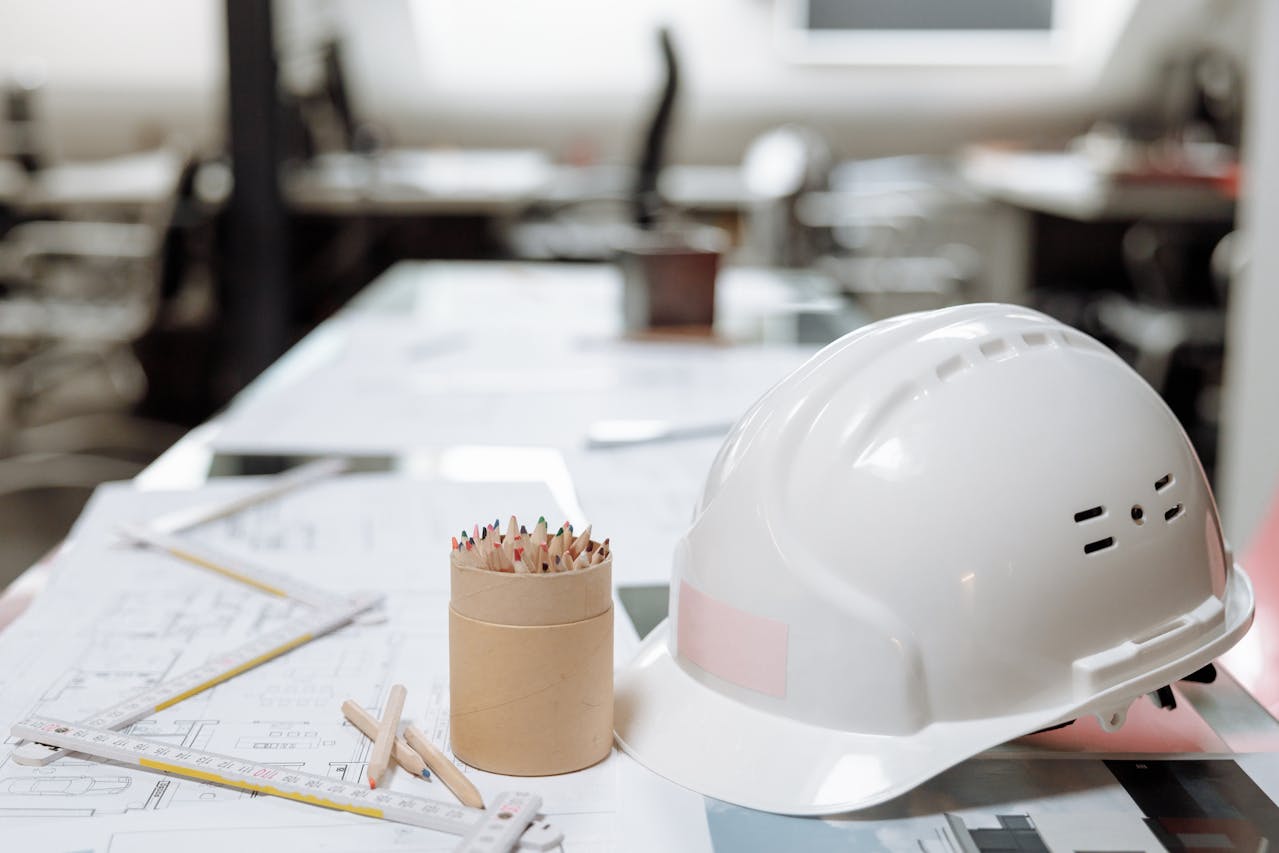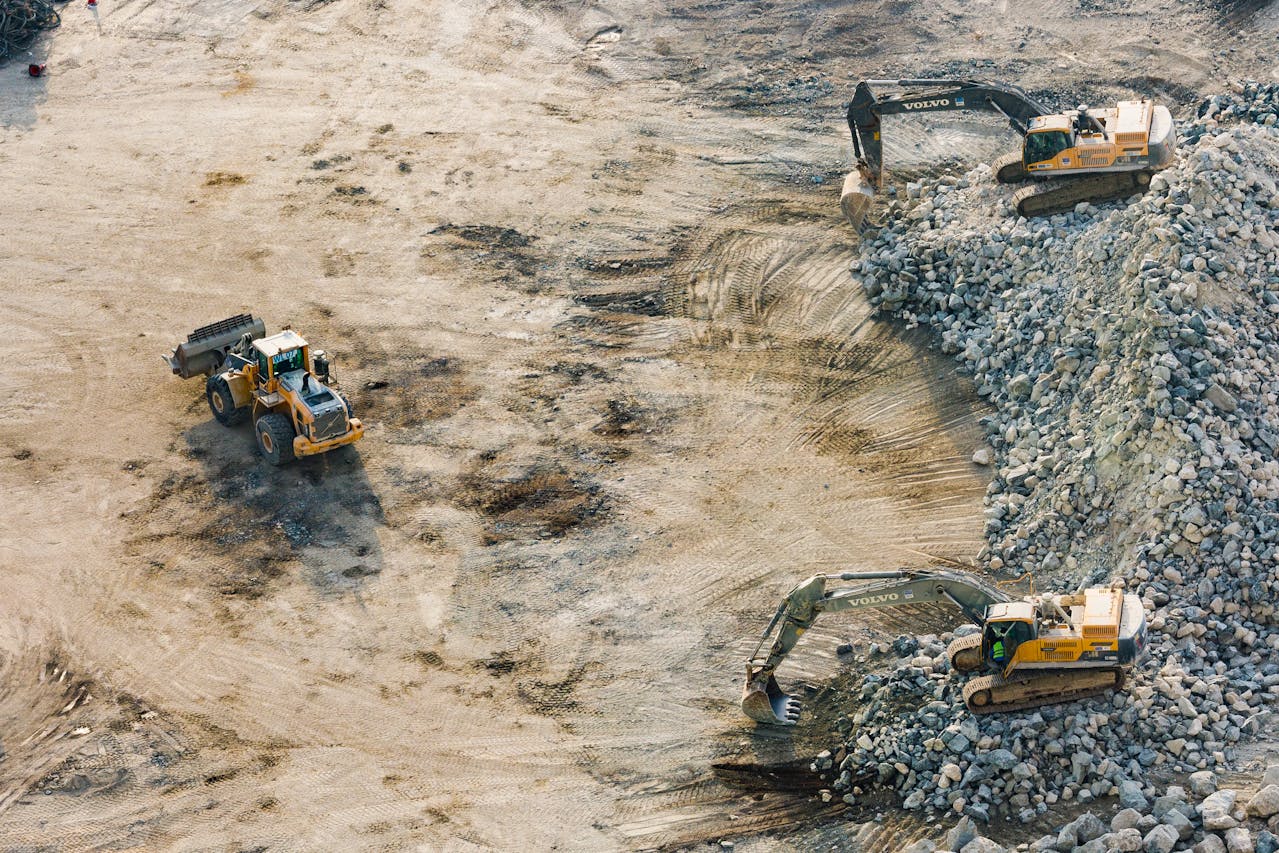As general contractors in the Dallas metro area, we’ve observed significant fluctuations in construction costs in recent years. Currently, residential building costs range from $110 to $210 per square foot throughout the Dallas market. This price variance highlights the real choices developers and property owners face when planning new construction projects.
Breaking down these figures helps our clients make informed decisions. Standard grade construction typically costs between $110 and $140 per square foot, suitable for entry-level developments and value-engineered projects. Premium grade construction ranges from $140 to $170 per square foot, offering enhanced finishes and more robust structural elements. For luxury residential projects targeting upscale buyers, construction costs generally fall between $170 and $210 per square foot. Recent labor shortages throughout North Texas have put additional pressure on the higher end of these ranges.
When we develop comprehensive project budgets for clients, we emphasize that these construction costs represent only part of the total investment. The median price for building a complete home in Dallas is approximately $263,400, with construction costs averaging $172 per square foot. However, this doesn’t account for land acquisition, site preparation expenses, or the increasingly complex permitting process in Dallas. Developers in emerging neighborhoods like Oak Cliff and East Dallas should factor in additional contingencies, as these areas often present unexpected challenges during excavation.
What Are the Hard Costs of Building a Home in Dallas?

When starting residential construction projects in Dallas, hard costs represent the physical elements that constitute the structure itself. These tangible components have recently seen significant price increases, with construction materials rising approximately 16% in recent years. This inflation directly impacts project budgets for developers and property owners alike.
Currently, the median price for building a complete home in Dallas is approximately $263,400, with construction costs averaging $172 per square foot. For developers working with cost-conscious clients, it is sometimes possible to achieve basic custom home construction for as little as $115.31 per square foot, bringing a 2,000-square-foot home to around $230,620 for the fundamental build elements.
Foundation and Structural Costs
The foundation provides both literal and figurative support for your entire project. In Dallas, foundation work typically costs between $5.31 and $20.03 per square foot, with the higher range reflecting specialized solutions for challenging soil conditions common in certain neighborhoods. The prevalence of clay soil throughout North Texas often necessitates engineered foundation systems, which increase the initial investment but prevent costly repairs down the road.
Framing represents another substantial hard cost category, generally ranging from $20,000 to $50,000 for a typical residential project. This variance reflects not only the size of the structure but also design complexity—homes with numerous angles, vaulted ceilings, or custom architectural features require additional materials and labor hours during the framing phase.
Building Envelope and Mechanical Systems
The building envelope includes roofing, siding, windows, and doors—critical components that protect against Dallas’s occasional severe weather. Roofing costs vary significantly based on material selection, ranging from $151.20 to $1,701 per 100 square feet. This wide range reflects choices from standard asphalt shingles to premium materials like slate or metal, which offer enhanced longevity and performance.
Mechanical systems form another substantial portion of hard costs. Electrical work typically costs $3 to $6 per square foot for new construction, covering both rough-in and finishing elements. Plumbing installation averages around $4.50 per square foot, though this can increase with luxury fixtures or complex layouts. HVAC systems represent another significant expense, with costs varying based on system efficiency and home size.
Interior Finishing and Materials
Interior finishing costs complete the hard cost picture. Drywall installation, painting, flooring, cabinetry, countertops, and fixtures collectively account for approximately 25-30% of the total hard costs. These elements offer significant opportunities for cost control, as material selections can dramatically impact the bottom line without necessarily affecting structural integrity.
Material selection significantly influences overall costs, particularly in today’s volatile market. Lumber prices have experienced unprecedented fluctuations, sometimes rising 30% in just months. Steel, concrete, and electrical components have seen similar upward pressure, driven by supply chain disruptions and increased demand throughout the construction industry.
| Land | $40,000 |
| Site Work and Foundation | $30,000 |
| Framing | $50,000 |
| Exterior Finishes | $40,000 |
| Interior Finishes | $60,000 |
| Plumbing, Electrical, and HVAC | $50,000 |
| Roofing | $15,000 |
| Landscaping | $10,000 |
| Other Costs and Contingencies | $15,000 |
| Total | $310,000 |
Labor Costs and Availability
Labor represents another crucial component of hard costs. Skilled trades in Dallas command competitive rates, with electrical work averaging $28.43 per hour, plumbing at $30.05 per hour, and general carpentry at $23.71 per hour. Importantly, availability constraints with skilled labor can affect project timelines and ultimately impact costs through extended construction periods and carrying costs.
The construction labor market in Dallas remains tight, with some specialized trades experiencing shortages that lead to scheduling challenges. We address this by maintaining strong relationships with subcontractors and carefully sequencing work to maximize efficiency. This approach helps mitigate the impact of labor constraints on both timeline and budget.
Understanding these hard costs provides a foundation for realistic budgeting. When developing construction estimates for clients, we examine each of these components in detail, identifying where value engineering opportunities exist without compromising structural integrity or building performance. This balanced approach delivers projects that meet both financial and quality objectives.
What Soft Costs Should You Budget For in Dallas?
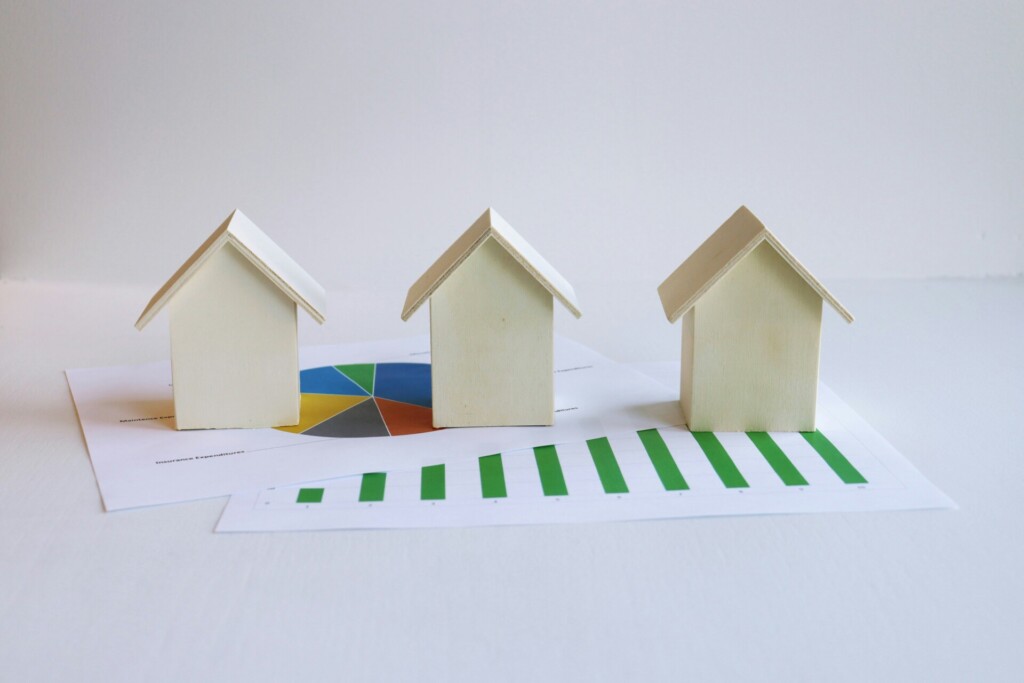
When developing construction budgets for Dallas projects, we always emphasize the importance of soft costs. Unlike hard costs, which translate directly into physical building elements, soft costs are necessary expenses that don’t result in tangible components you can see or touch. These costs typically account for 25-30% of your total project budget but are frequently underestimated by first-time developers.
Permit and Regulatory Expenses
The regulatory landscape in Dallas requires careful budgeting and planning. We secure master permit fees starting at $100, though this is just the beginning of the permitting process. Site plan reviews add approximately $50 per square foot to your budget, with final costs scaling based on your building’s size and complexity.
For a typical 2,500-square-foot residential project in Dallas, permit and inspection fees generally range from $3,000 to $6,000. This includes specialized system permits that many developers overlook: HVAC permits ($250-$400), plumbing permits ($50-$500), and electrical permits ($10-$500). The total building permit costs average around $1,500, increasing proportionally with project complexity.
We’ve observed permit processing times in Dallas extending significantly in recent years, sometimes taking 3-4 months compared to just weeks previously. These extended timelines can affect carrying costs and should be factored into your financial planning.
Architectural and Design Fees
Quality design services represent another significant soft cost category. Architectural fees typically account for 5-20% of total construction costs, ranging from $15,000 to $80,000 for full architectural services depending on project scope. For base design and documentation services, expect to budget between $6 and $10 per square foot of total building area.
Design services average $95.41 per hour, covering material selections and interior specifications. More involved design work, detailed drawing sets, and construction phase involvement can increase architectural fees to 8-12% of total building costs. We coordinate closely with our design partners to ensure their work aligns with construction realities and budget constraints.
When seeking architectural services in Dallas, we recommend clearly defining scope requirements upfront. Limited-scope services focused on permitting may cost significantly less than full-service design with construction administration and detailed specification development.
Land Acquisition and Preparation
Before construction begins, land costs and preparation are substantial budget items. The average price per acre in Dallas is approximately $29,800, though this varies dramatically by neighborhood and zoning classification.
Site preparation adds another layer of expense, with clearing and leveling typically costing between $1,500 and $3,000 for standard residential lots. Water and sewer inspections add $270-$1,737 to the preliminary budget. These costs fluctuate based on existing site conditions, topography, and required modifications.
We carefully assess sites before purchase to identify potential development challenges that could increase costs, such as poor soil conditions, drainage issues, or utility connection complexities.
Interior Design and Furnishings
Though often overlooked in initial budgeting, interior design represents another soft cost category to consider. For a 2,500-square-foot home, budget at least $20,000 for interior furnishings and fixtures. If you engage professional interior design services, factor in an additional $5,400 on average, depending on the level of service and project requirements.
We find many developers underestimate these costs, particularly for high-end projects where interior design significantly impacts final value and marketability. Integrating interior design considerations early in the planning process helps avoid expensive mid-construction changes.
Administrative and Financing Costs
Additional soft costs include construction loan interest, insurance, legal fees, and accounting services. Construction financing typically requires interest payments during the building phase, with rates varying based on creditworthiness and market conditions. Builder’s risk insurance protects your investment during construction and typically costs 1-5% of the construction budget.
Legal services for contract review, property closings, and entity formation add another layer of expense, as do accounting services for project financial management. We often recommend setting aside 3-5% of your budget for these administrative costs.
| Soft Cost Category | Cost Range |
| Permit and Regulatory Fees | $100 to $1,500, with additional costs for specific systems permits |
| Architectural and Design Fees | 5-20% of total construction costs |
| Land Acquisition | Approximately $29,800 per acre |
| Site Preparation | $1,500 to $3,000 |
| Interior Design and Furnishings | At least $20,000 for a 2,500 sq. ft. home |
| Administration and Financing Costs | 1-5% of the construction budget |
When we develop comprehensive project budgets for our clients, we capture all these soft cost categories to prevent mid-project financial surprises. Thorough planning of soft costs is just as critical as accurate hard cost estimation in delivering successful Dallas construction projects. Understanding these expenses early allows for strategic decision-making about where to allocate resources for maximum value creation.
How Do Dallas Construction Costs Compare to Nearby Cities?

When managing construction projects across the Dallas-Fort Worth Metroplex, we consistently track cost variations between neighboring cities to provide accurate budget projections for our clients. This regional analysis helps property owners make informed decisions about where to build based on financial considerations and potential value.
Construction costs in Dallas closely align with other cities in the Metroplex, though there are notable variations to consider when planning your project. Recent building permit data we’ve analyzed indicate that nearby cities reflect an average construction value of $473,565.23, offering a reliable benchmark for regional pricing expectations.
Cost Variations Across the Metroplex
The price differences throughout the Metroplex create distinct opportunities for developers and property owners. Irving offers the most affordable option among major suburbs with an average construction value of $391,353.50, making it attractive for budget-conscious projects while still maintaining proximity to Dallas proper. Plano homes command $463,500 on average, reflecting its strong school districts and established infrastructure that justify the premium. Cedar Hill projects average $416,206, offering a balanced middle ground with its blend of suburban comfort and natural landscapes. At the upper end, Keller demonstrates its luxury positioning with average values reaching $623,201.
These figures represent more than just construction costs—they reflect the total investment including land acquisition, which varies significantly based on neighborhood desirability and available inventory. The current land shortage throughout North Texas continues to exert upward pressure on these values, particularly in established communities with limited undeveloped parcels.
| City | Average Construction Value ($) |
|---|---|
| Irving | 391,353.50 |
| Plano | 463,500 |
| Cedar Hill | 416,206 |
| Keller | 623,201 |
Fort Worth and Arlington Construction Economics
Fort Worth maintains construction fundamentals similar to Dallas, with basic construction costs averaging $115.31 per square foot—identical to Dallas baseline costs. However, total home values in Fort Worth range from $148,241 to $502,250, with median prices settling at $161 per square foot. This represents approximately 6% less than comparable Dallas properties, creating potential value opportunities for those willing to build further west.
The Fort Worth market has experienced significant cost fluctuations over the past two years. Construction material prices have surged by 30% in some categories, ranking among the highest increases nationwide over the past decade. Despite these challenges, demand remains robust as many buyers prefer new construction over existing homes that have reached record price points.
Arlington positions itself as a strategic middle ground between Dallas and Fort Worth, with homes averaging $156 per square foot, translating to approximately $312,000 for a standard 2,000 square foot residence. Arlington properties have shown strong appreciation with a 16.5% annual price increase, outpacing several neighboring communities and reflecting its growing appeal among homeowners seeking value within the Metroplex.
Practical Considerations for Metroplex Construction
Beyond raw construction costs, several practical factors influence the total investment required across different Metroplex cities. Permitting timelines vary significantly, with Dallas currently experiencing the longest delays—sometimes stretching to three or four months compared to just weeks in some surrounding municipalities. These extended timelines add carrying costs that must be factored into project budgets.
Labor availability presents another variable across the region. While skilled trade shortages affect the entire Metroplex, certain communities face more pronounced challenges based on competing commercial projects and overall construction volume. We’ve found that scheduling flexibility becomes increasingly important the closer projects are to central Dallas, where competition for quality subcontractors remains most intense.
For developers weighing options between Dallas and its neighboring cities, these nuanced cost factors often prove as important as baseline construction prices in determining overall project feasibility and return on investment. Understanding these regional variations allows us to provide comprehensive guidance tailored to each client’s specific circumstances and objectives.
What Market Trends Are Affecting Dallas Home Construction Costs?

The Dallas construction market is facing significant volatility in 2023, with several factors driving cost increases in residential projects. Our teams tackle these challenges daily as we manage construction projects throughout the Dallas-Fort Worth metroplex.
Material Price Fluctuations
Material costs remain unpredictable, though they have somewhat stabilized from the extreme spikes of recent years. Construction costs have risen between 30-50% since 2020, with certain materials experiencing even more dramatic price swings. We’re still facing supply chain bottlenecks that pose challenges in sourcing critical materials, particularly for single-family residential projects.
The material procurement process has fundamentally changed. Instead of ordering materials just weeks before installation, we now secure pricing and orders months in advance to lock in costs and ensure availability. This proactive approach is essential for maintaining budget control on Dallas residential projects.
While lumber prices have decreased from their historic highs of 2021, they remain elevated compared to pre-pandemic levels. Other materials like electrical conduit, insulation, and concrete continue to see periodic price increases, requiring careful cost monitoring throughout project lifecycles.
Labor Market Constraints
The construction labor market in Dallas presents significant challenges in 2023. With DFW ranking as the nation’s second-hottest market for new home construction, the demand for skilled workers far exceeds supply. Recent industry data indicates the construction sector needs approximately 546,000 additional workers nationally this year.
Labor shortages have significantly driven up wages, especially in specialized trades like electrical, plumbing, and HVAC. Many subcontractors now command premium rates due to overwhelming demand. Our project managers work to secure reliable trade partners early in the process, often negotiating multi-project commitments to ensure crew availability.
The competition for qualified workers has led us to strengthen subcontractor relationships and occasionally adjust project timelines to accommodate trade availability. These labor constraints directly translate to higher project costs for property owners and developers.
Permitting and Regulatory Changes
The permitting process in Dallas has undergone significant changes, creating substantial timeline implications for new construction. What once took hours now takes months. Permit applications that previously might have been processed in 3 hours now commonly require 3-4 months for approval.
These permitting delays extend project timelines and increase carrying costs for developers and property owners. Our team now initiates the permitting process much earlier and collaborates closely with municipal officials to anticipate potential issues before submission.
Building code changes and stricter energy efficiency requirements have also added costs to new construction in Dallas. While these regulations improve building quality and sustainability, they require additional materials, systems, and inspections that impact the bottom line.
Market Value Increases
Despite construction cost challenges, the Dallas real estate market continues to demonstrate remarkable strength. Home values have increased approximately 17.4% over the past year. Projections suggest another 14% increase in the Dallas-Fort Worth area, with some analysts predicting up to a 21.1% rise from the current median price of $297,044.
This strong appreciation helps offset increased construction costs for developers and property owners, maintaining the viability of new construction despite the challenging cost environment. The booming housing market is directly linked to Dallas’s population growth and ongoing economic development.
We’ve found that early contractor involvement, thorough pre-construction planning, and strategic material procurement are essential strategies for managing these market conditions. By addressing potential cost impacts during the planning phase, we can implement appropriate contingencies and value engineering approaches to keep projects financially viable despite these market pressures.
Conclusion: Planning Your Dallas Home Construction Budget
Planning a construction budget for your Dallas home requires careful financial preparation and a thorough understanding of current market conditions. Construction costs typically range from $110 to $210 per square foot, depending on quality grade and specifications. Many clients find total project costs reaching $447,500 or more when factoring in land acquisition, permitting, and site preparation.
Currently, several factors need special consideration. Material costs have shown significant volatility, particularly for lumber and steel components. Labor availability presents ongoing challenges, with skilled trades commanding premium rates throughout the Dallas metro area. The permitting process has also become considerably more complex, often taking 3-4 months instead of weeks as in previous years—a timeline extension that affects carrying costs and overall budget planning.
Besides cost, timeline considerations play a crucial role in the build-versus-buy decision. New construction projects in Dallas typically require 9 to 12 months from groundbreaking to completion—assuming no major weather delays or supply chain disruptions, which have become more common since 2020. In contrast, purchasing an existing home at the current median price of $410,000 allows for occupancy in as little as 6-8 weeks, a compelling advantage for those with immediate housing needs.
As construction professionals, we recommend initiating conversations with builders early in your planning process. We can provide detailed cost breakdowns tailored to your vision, lot conditions, and desired timeline. This collaborative approach not only allows for more accurate budgets but also helps identify potential cost-saving opportunities without compromising quality. Ready to start planning your Dallas home construction budget? Contact EB3 Construction for a comprehensive consultation.

